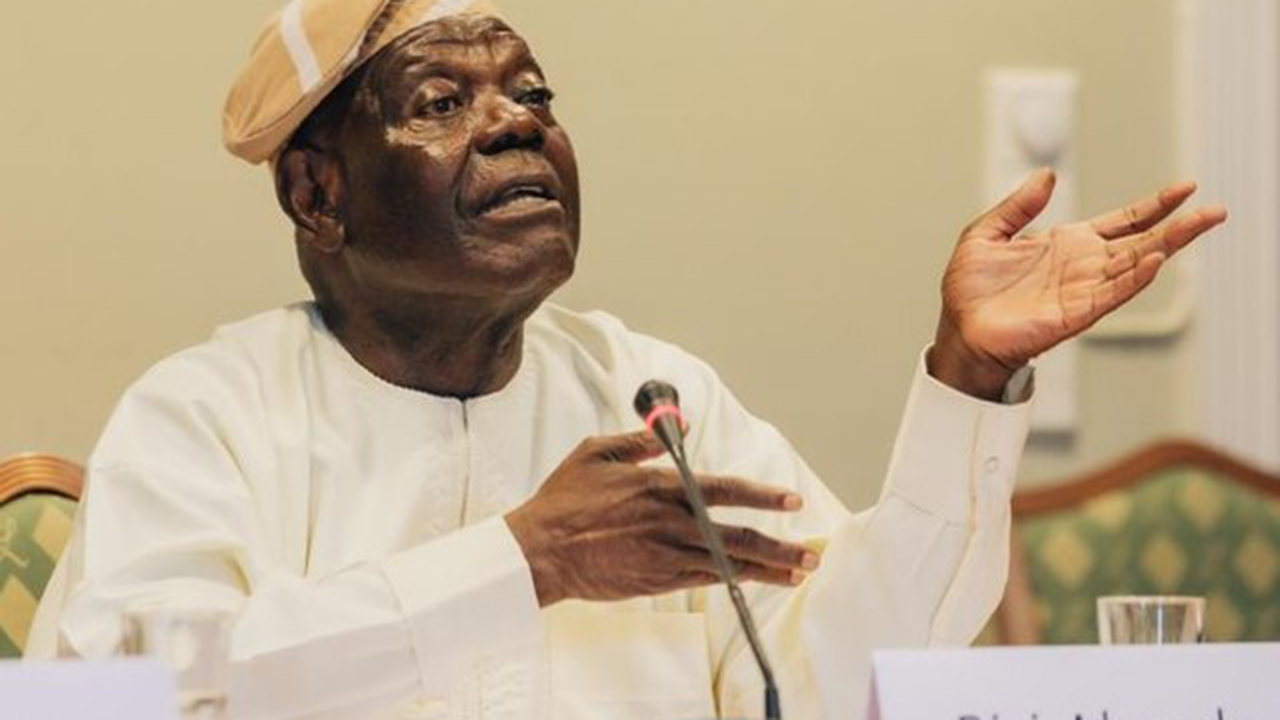• Nature not for sale, environmentalists reply Shettima
• Countries seal landmark declaration on information integrity
The United Nations Office for Disaster Risk Reduction (UNDRR) and the World Meteorological Organisation (WMO) have said the number of countries with reported multi-hazard early warning systems has reached a record high of 119 countries.
The UN agencies noted yesterday that the comprehensiveness of the systems had improved by 45 per cent since 2015, reflecting enhanced capabilities. Yet, critical gaps remain underscoring the urgent need for increased investment to achieve early warnings for all.
The agencies revealed this in their Global Status of Multi-Hazard Early Warning Systems 2025 report launched at the ongoing COP30 Belém Climate Summit in Brazil.
The report provides a snapshot of progress in the implementation of the UN’s flagship Early Warnings for All initiative, which aims to protect every person on earth with an early warning system by 2027.
The report revealed measurable progress, with 119 countries, or 60 per cent of all countries, now reporting the existence of a Multi-Hazard Early Warning System. This, according to the study, is a 113 per cent increase over the past 10 years. However, coverage gaps persist, especially among Small Island developing States, as only 43 per cent of them reported having systems in place.
The report urged governments to unite around achieving universal early warning protection by accelerating targeted financial investments, strengthening risk governance, and ensuring that all systems are co-developed with local communities to ensure no one is left behind.
The report came just as environmental rights organisations advancing climate justice condemned Vice President Kashim Shettima’s recent call for new finance mechanisms to “harness the economic value of nature”, describing it as an attempt to commodify the environment.
The Vice President, speaking in Belém, Brazil, ahead of the ongoing United Nations Climate Change Conference (COP 30), had advocated the creation of finance systems that would monetise the nation’s natural assets.
However, Corporate Accountability and Public Participation Africa (CAPPA), Health of Mother Earth Foundation (HOMEF), Environmental Rights Action/Friends of the Earth Nigeria (ERA/FoEN), Lekeh Development Foundation, Social Action, and others warned that such a move undermines true climate justice.
In a joint statement, they said the proposal “reflects a concerning misinterpretation of true climate justice.”
Also yesterday, countries adopted the Declaration on Information Integrity on Climate Change at COP30, a landmark global commitment to combat climate disinformation and promote accurate, evidence-based reporting on the climate crisis.
The declaration, established under the Global Initiative for Information Integrity on Climate Change, commits signatories to uphold the integrity of climate-related information at international, national, and local levels in line with international human rights law and the principles of the Paris Agreement.
Drafted in collaboration with civil society members of the initiative’s Advisory Group, the declaration has so far been endorsed by Brazil, Canada, Chile, Denmark, Finland, France, Germany, Spain, Sweden, and Uruguay.
Since the initiative’s launch in June 2025, its Global Fund for Information Integrity on Climate Change has received 447 proposals from nearly 100 countries.






